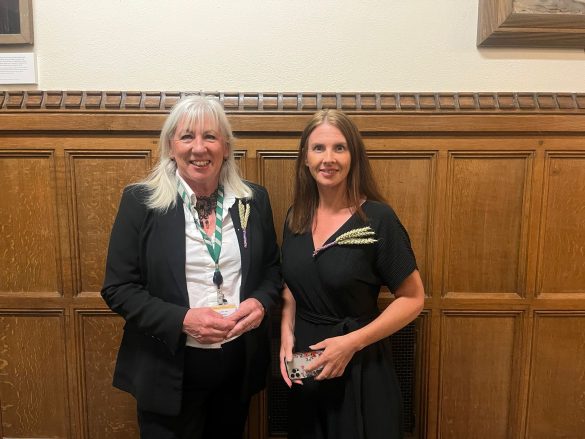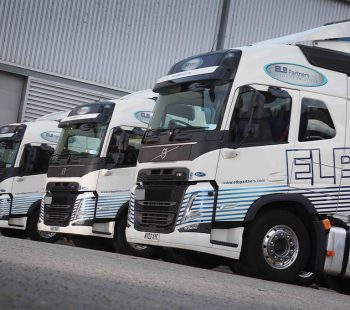Derby North MP Amanda Solloway has praised traffic management measures in the city which have significantly improved Derby’s air quality without needing to implement a charging Clean Air Zone.
The city received £10m Government funding to tackle roadside nitrogen dioxide (NO2) levels after national modelling suggested locations at Stafford Street would exceed EU prescribed limits if no action was taken.
The investment was used to modify traffic signal timings at the junctions at each end of Stafford Street to control the volume of traffic and the introduction of smart signal technology across a wider area of the city, which optimises traffic flow on adjacent routes.
Air pollution is recorded using 67 monitors located in and around the city and is measured in the amount of micrograms of the pollutant nitrogen dioxide they detect. Measurements are taken monthly and annually.
The five-year programme has led to a reduction of NO2 concentrations of 17% across all the monitoring sites in the city. The maximum measured concentration at these in 2019 was 45 micrograms per cubic metre and the most recent figures are 35. UK legislation sets the annual mean limit value for concentrations of NO2 in ambient air at 40micrograms per cubic metre.
Amanda said: “I am delighted that the Department for Environment Food and Rural Affairs investment has led to improvements in the city’s air quality.
“We know that poor air quality can have severe effects on public health, especially to vulnerable groups. We know that air pollution causes an estimated 40,000 premature deaths a year in the UK and is linked to health problems from childhood illnesses to heart disease and even dementia.
“Improving air quality also provides additional benefits by reducing damage to the natural environment, noise reduction, greater road safety and climate change mitigation.
“The Government investment allowed the city council to launch a scheme to ensure the city’s taxis and buses are as clean on the road as possible and there has been an investment of millions of pounds developing cycle routes in the city.
“Derby has shown it is possible to tackle congestion and the other sources of pollution without introducing the charges imposed by a Clean Air Zone which would have been difficult for local motorists and businesses.”
The city was one of five – also including Birmingham, Nottingham, Leeds and Southampton – that were identified under the Government’s 2015 air quality plan as being required to establish a clean air zone by 2020 to help bring the UK into compliance.







